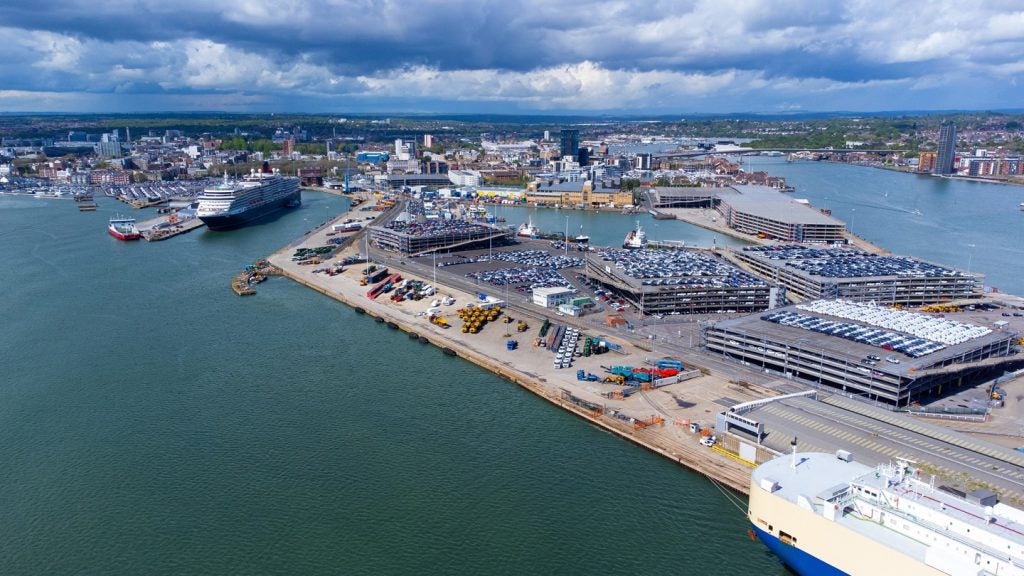German cargo container shipping line Hapag-Lloyd has announced plans to use eco-friendly biofuel to reduce ship emissions.
In line with the objective, the Montreal Express was refuelled with B20 fuel at Rotterdam, the Netherlands.
B20 fuel has 80% low-sulphur fuel oil, while the remaining 20% consists of biodiesel from cooking oils and fats from the food service industry.
The fuel reduces carbon footprint by approximately 90% compared with traditional fuels.
The initiative is part of the company’s efforts to achieve its climate-protection goals.
Hapag-Lloyd Sustainability Management senior director Jörg Erdmann said: “By the end of this year, we want to have reduced our specific CO₂ emissions by 50% compared to the reference year 2008.
How well do you really know your competitors?
Access the most comprehensive Company Profiles on the market, powered by GlobalData. Save hours of research. Gain competitive edge.

Thank you!
Your download email will arrive shortly
Not ready to buy yet? Download a free sample
We are confident about the unique quality of our Company Profiles. However, we want you to make the most beneficial decision for your business, so we offer a free sample that you can download by submitting the below form
By GlobalData“Biofuels like B20 can help us reach this target. This is because, in addition to having a low-sulphur content, the fuel also emits less climate-damaging CO₂ during combustion.”
The test with Montreal Express is expected to provide experience and information about the fuel use and properties.
Montreal Express operates between Canada and Europe in the St Lawrence Coordinated Service 2 (AT 2).
Hapag-Lloyd Purchasing and Supply senior director Jan Christensen said that the test will determine possible negative effects of the fuel on the vessel equipment.
Christensen added that based on the success of the trial, the fuel could be used for other ships in the Hapag-Lloyd fleet.
In June 2019, Hapag-Lloyd introduced a real-time container monitoring system to offer improved logistics monitoring.
In February 2019, Hapag-Lloyd converted one of its large container ships, Sajir, to operate using liquified natural gas (LNG) as fuel.







